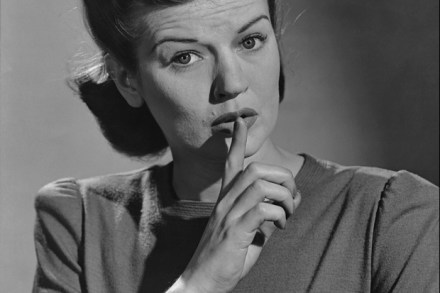In praise of the pit bull
Last night I saw a woman dancing with a pit bull terrier. It was about 9 p.m. and her curtains were open, lights on. Music must have been playing, though I couldn’t hear it through the glass, because she was singing as she danced the dog about, leaning back to balance his considerable weight. Her arms made a seat for him, as you might carry a child, his paws on her shoulders. The woman gazed down lovingly at the dog, who looked embarrassed but patient, as if this wasn’t his first dance and wouldn’t be his last. I watched them for a while, standing unseen in the street, half-wondering whether














